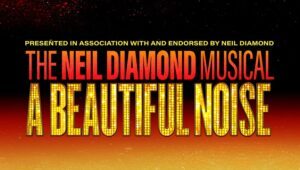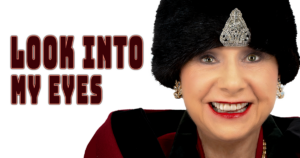For years, I have tracked who followed me on YouTube.
The numbers were consistent: 99% were men, and the largest group was ages 55–64.
Then I checked my stats for the last 28 days. Imagine my surprise—today, 75% of my viewers are 25–34, 25% are 55–64, and 58% are women. Quite a shift!
Even more surprising?
In the past week, two new executive speech coaching clients reached out. Both are 25-year-old, ambitious young men. One said, “Three years ago, I graduated from High Point University, and Steve Spangler recommended you.” I first met HPU’s remarkable president, Nido Qubein, at my very first NSA convention in 1977. Steve Spangler, a science rock star, is also my colleague in Speakers Roundtable, as is Dr. Qubein.
The other said, “My father recommended you.”
He never forgot how helpful you were to him 20 years ago!” And just this morning, I received an email: “I am writing to you on behalf of my son. Will you help him?” Who knew a whole new market was waiting for me?
My colleague Dylan Tweney from the Professional Speechwriters Association wrote about his experience at the most recent Renaissance Weekend.
Read More...





